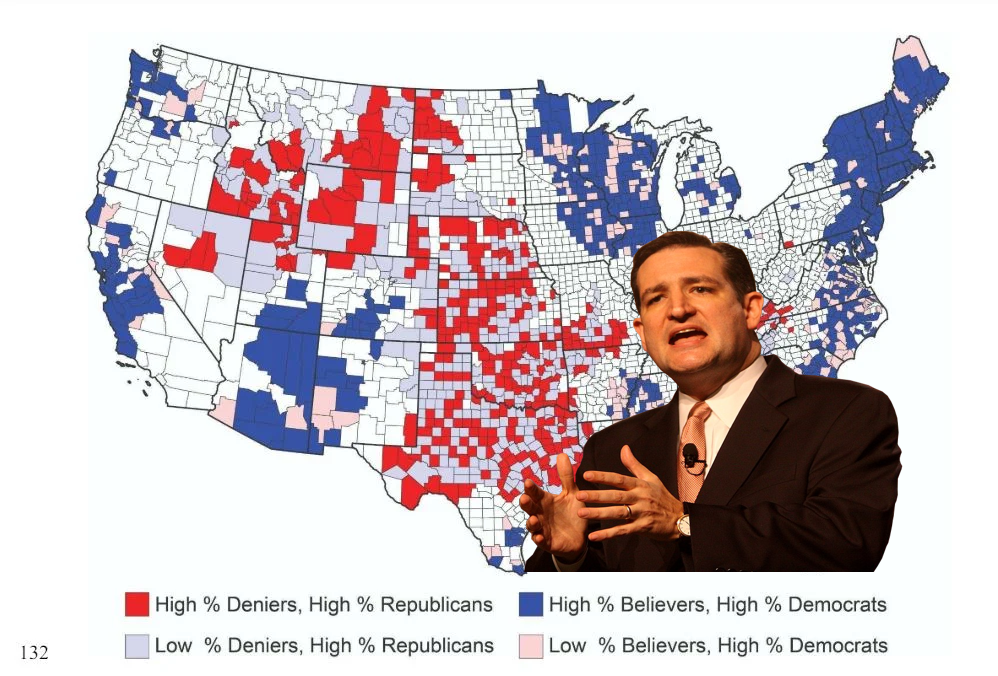In the ongoing discourse surrounding climate change, a stark divide often emerges along political lines, with Republicans frequently portrayed as skeptical or dismissive of the scientific consensus on the issue. Numerous factors contribute to this phenomenon, but two primary influences stand out: the deeply ingrained political ideology propagated by conservative-leaning networks and the geographical realities that position many Republicans in areas most susceptible to the impacts of climate change. This confluence creates a potent recipe for cognitive dissonance, wherein individuals hold conflicting beliefs or attitudes, leading to discomfort and resistance to change.
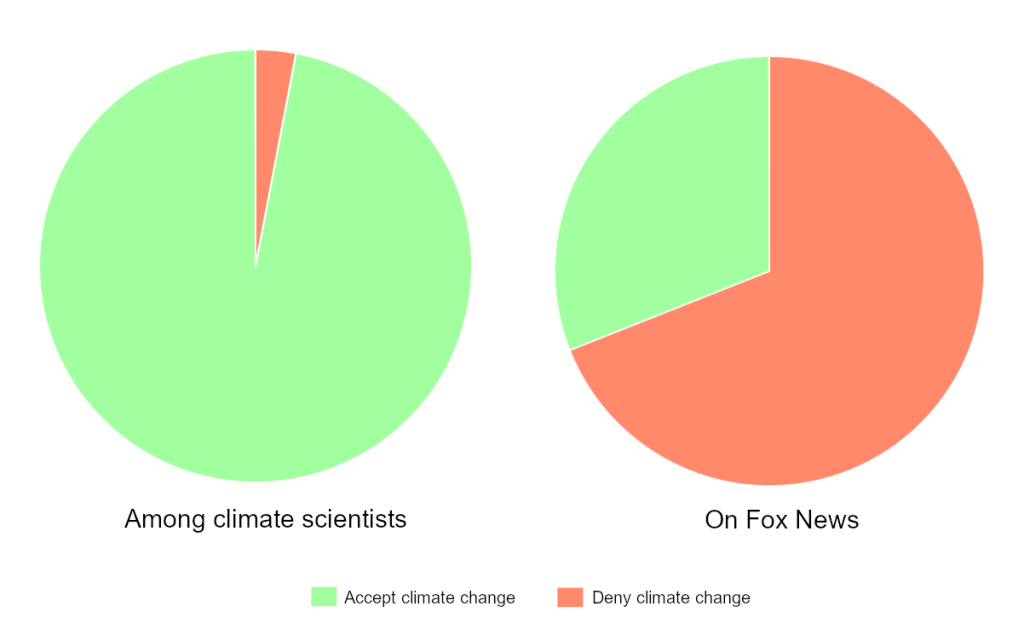
One key influence is the conservative ideology disseminated through media outlets such as Fox News. These platforms have played a pivotal role in shaping Republican perspectives on climate change. Over the years, they have often framed the issue as a partisan battleground rather than a matter of scientific consensus and empirical evidence. Through the dissemination of skepticism, doubt, and outright denial, they have fostered a narrative that casts doubt on the validity of climate science, portraying it as a ploy by liberal elites to expand government control and impede economic growth. This narrative not only reinforces existing beliefs among conservatives but also erects barriers to accepting information that contradicts their worldview.
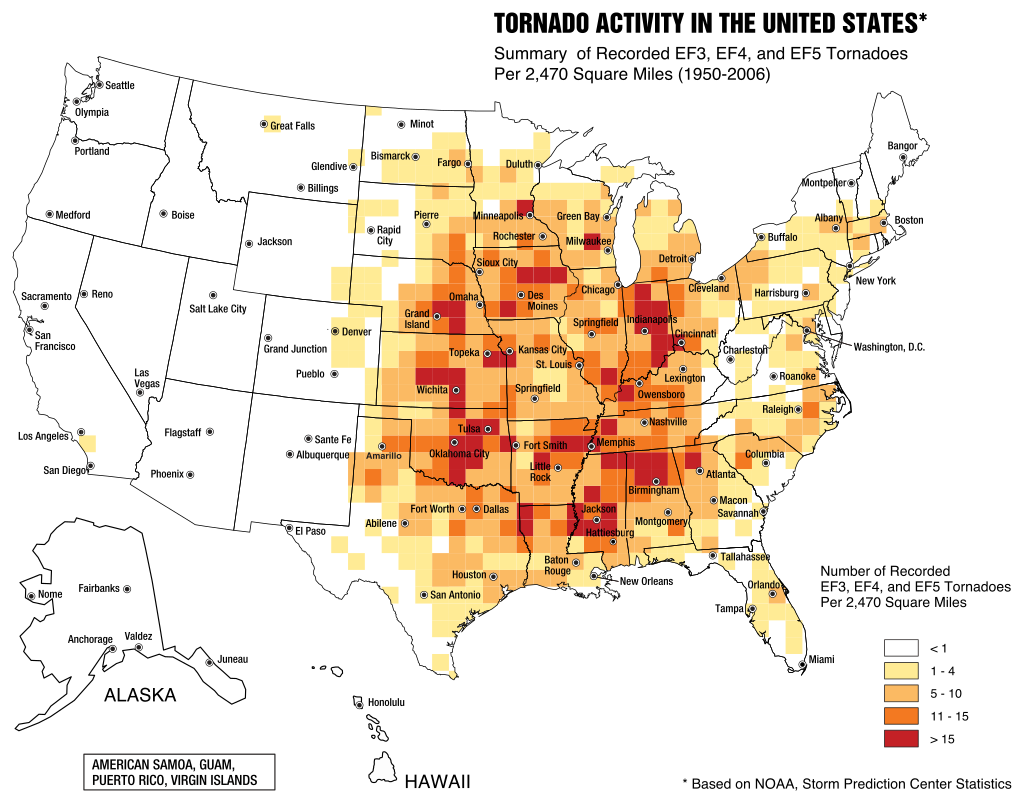
The geographic distribution of Republican voters often aligns with regions most vulnerable to the impacts of climate change, creating a paradoxical situation akin to the classic example of cognitive dissonance surrounding dam safety. Just as individuals living closest to a dam may downplay the risk of its failure while those downstream express greater concern, many Republicans reside in areas disproportionately affected by climate change. These include coastal regions facing rising sea levels, agricultural heartlands grappling with droughts and extreme weather events, and communities vulnerable to wildfires and hurricanes. Despite facing tangible threats to their livelihoods and environments, cognitive dissonance may manifest as a reluctance to acknowledge the role of human activity in exacerbating these risks, particularly when doing so conflicts with deeply held political beliefs.
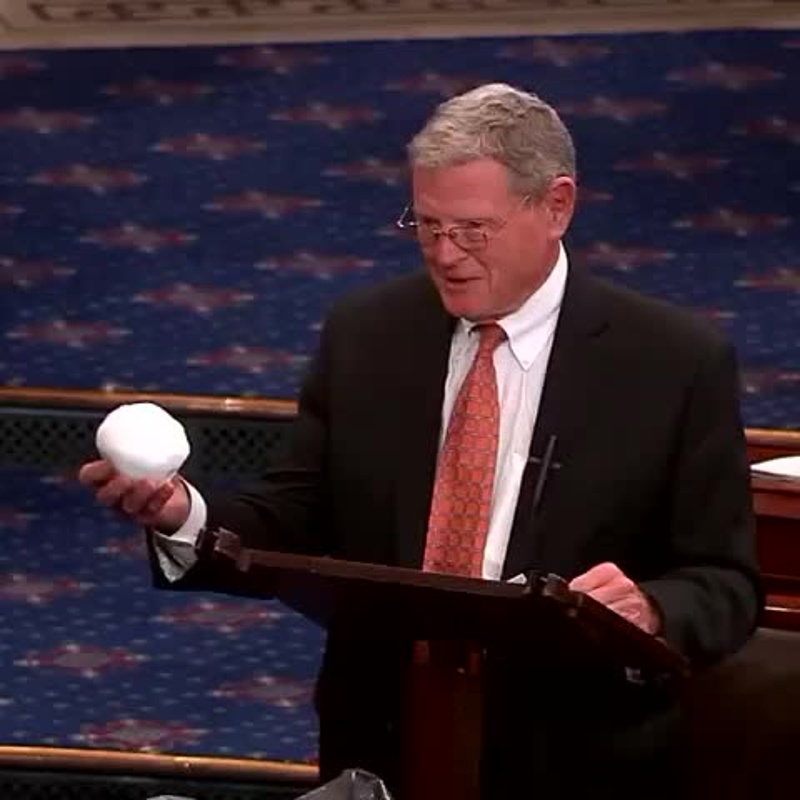
This phenomenon is not merely theoretical but has tangible consequences for policymaking and public discourse. Intransigence on the part of Republican lawmakers and constituents impedes efforts to enact meaningful climate legislation, perpetuating a cycle of inaction that exacerbates the very challenges they face. Moreover, it underscores the urgent need for nuanced communication strategies that bridge ideological divides and emphasize shared values, such as stewardship of the environment and protection of future generations.
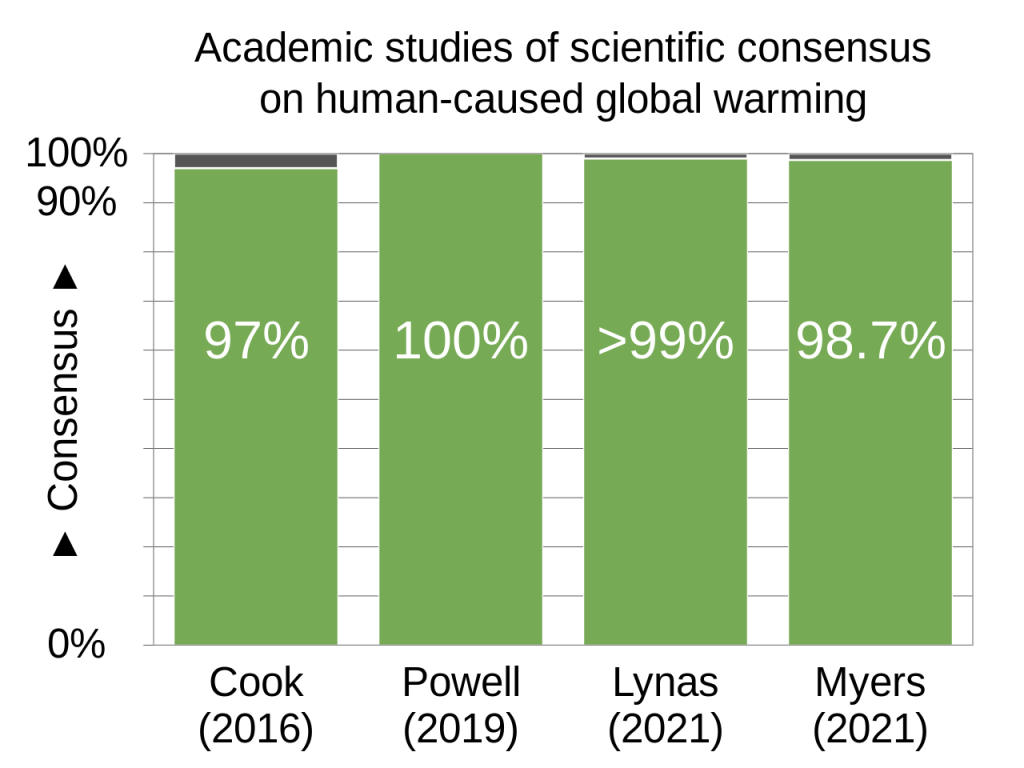
Addressing cognitive dissonance among Republicans regarding climate change requires a multifaceted approach that acknowledges the complex interplay of ideology, geography, and media influence. Efforts to depoliticize the issue, engage local communities, and promote science-based education are crucial steps toward fostering a more constructive dialogue and empowering individuals to confront uncomfortable truths. By recognizing and addressing the cognitive dissonance inherent in this issue, we can move closer to meaningful solutions that safeguard both our planet and our collective future.
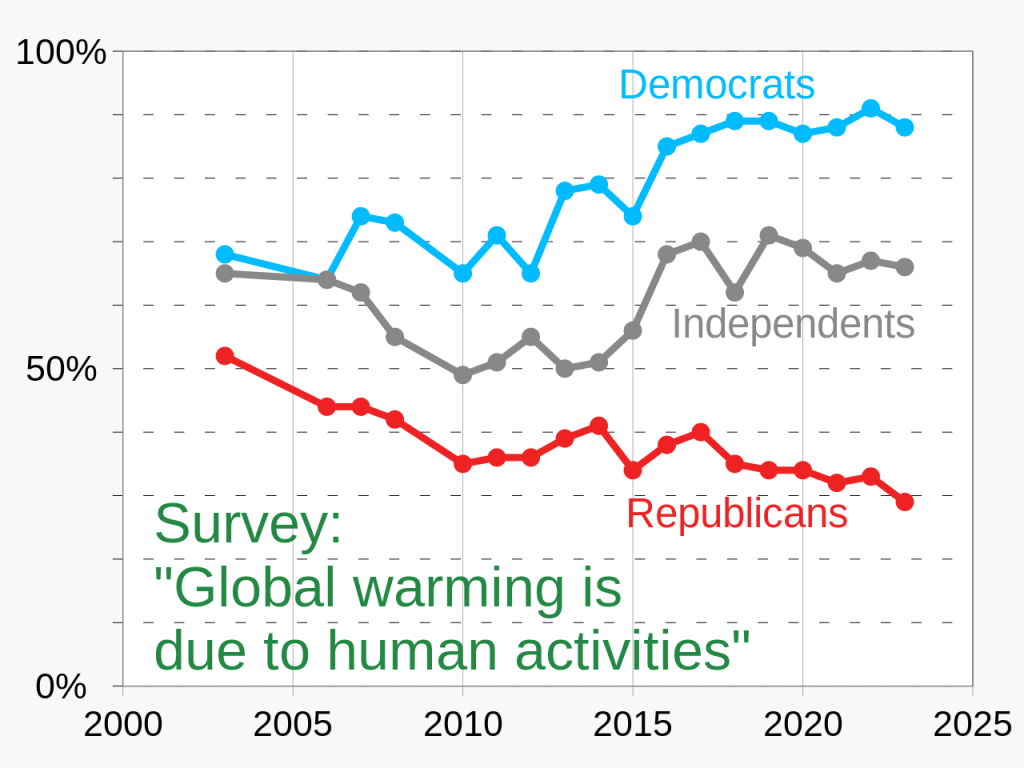
Climate denialists in the U.S. Congress, numbering 123, are exclusively Republicans, making the U.S. an outlier internationally. A recent study found that nearly one in four members of Congress dismiss the reality of climate change, even as alarm has grown among the American public over dangerous global heating. This report defined climate deniers as those who say that the climate crisis is not real or not primarily caused by humans, or who claim that climate science is not settled, that extreme weather is not caused by global warming, or that planet-warming pollution is beneficial.
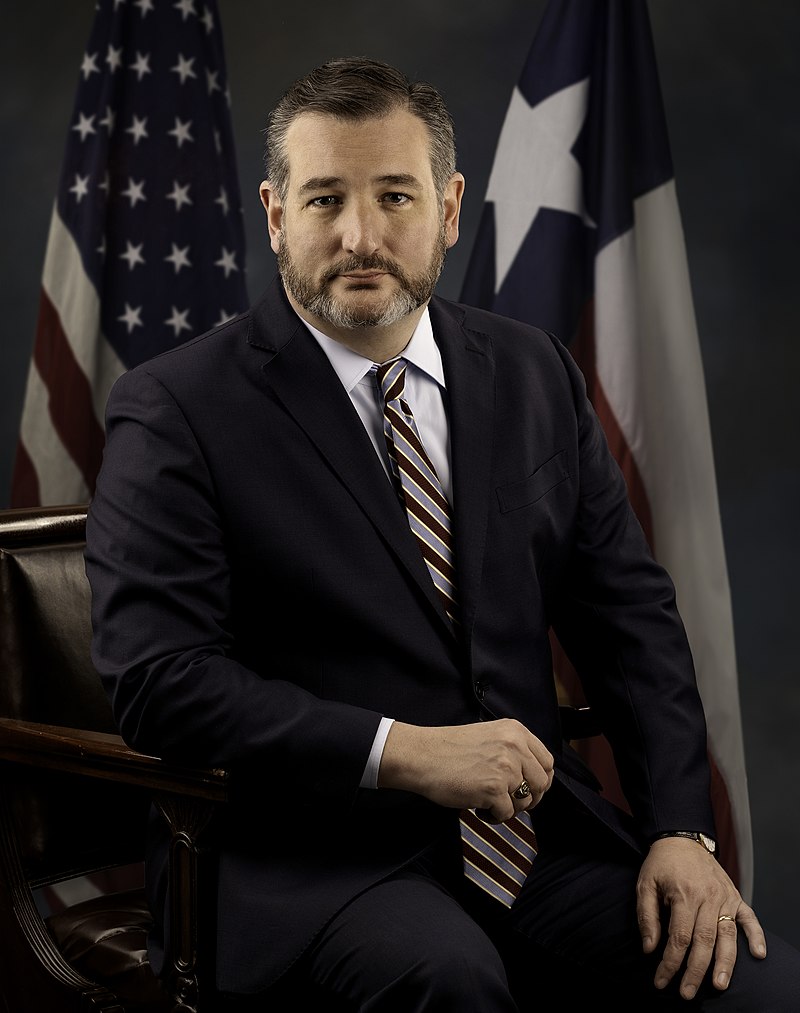
Notable examples include Texas Senator Ted Cruz, who in 2018 stated, “Of course the climate is changing. The climate has been changing from the dawn of time. The climate will change as long as we have a planet Earth.” Similarly, Louisiana Representative Steve Scalise in 2021 referenced long-debunked research by claiming, “We’ve had freezing periods in the 1970s. They said it was going to be a new cooling period. And now it gets warmer and gets colder, and that’s called Mother Nature.”
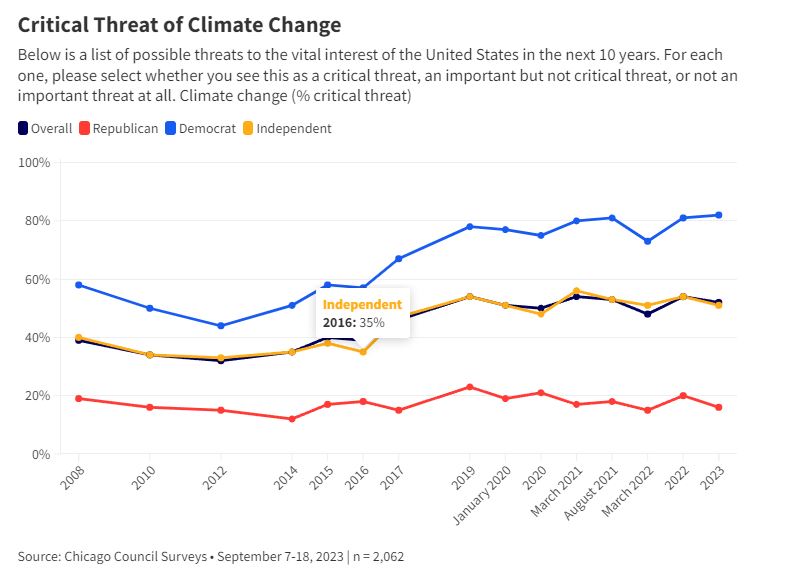
Despite this political resistance, public opinion in the U.S. is shifting. Polls show that the proportion of Americans who dismiss climate change is significantly smaller than the proportion of climate-denying lawmakers. According to various studies, fewer than one in five people in the U.S. reject the findings of climate science, with Yale University’s long-running polling indicating that only 11% are “dismissive.”
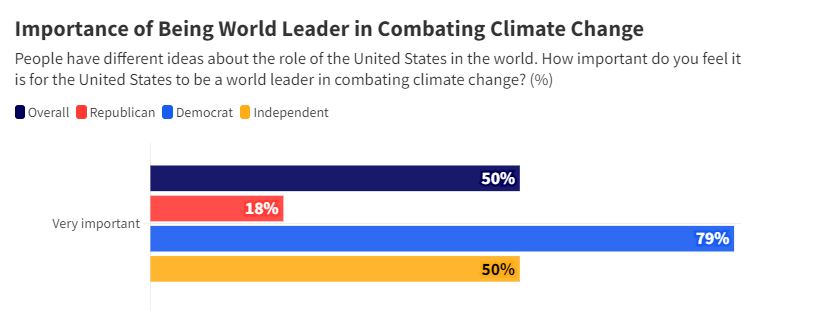
As more Americans become “alarmed” or “concerned” about climate change, there is a growing need to address the cognitive dissonance that hinders progress. This involves overcoming the influence of fossil fuel industry donations, which have amounted to $52 million in lifetime campaign contributions to climate-denying lawmakers. Efforts must focus on creating a more balanced representation of climate concerns in public discourse and legislative action.
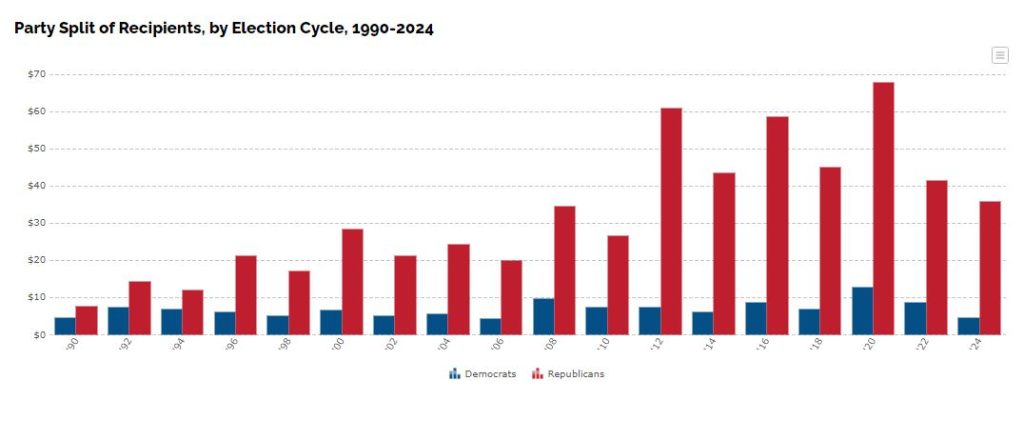
The fossil fuel industry has funded one party over the other by a wide margin. By acknowledging the complexities of cognitive dissonance and working to depoliticize climate change, we can foster a more informed and proactive approach to addressing one of the most pressing issues of our time.
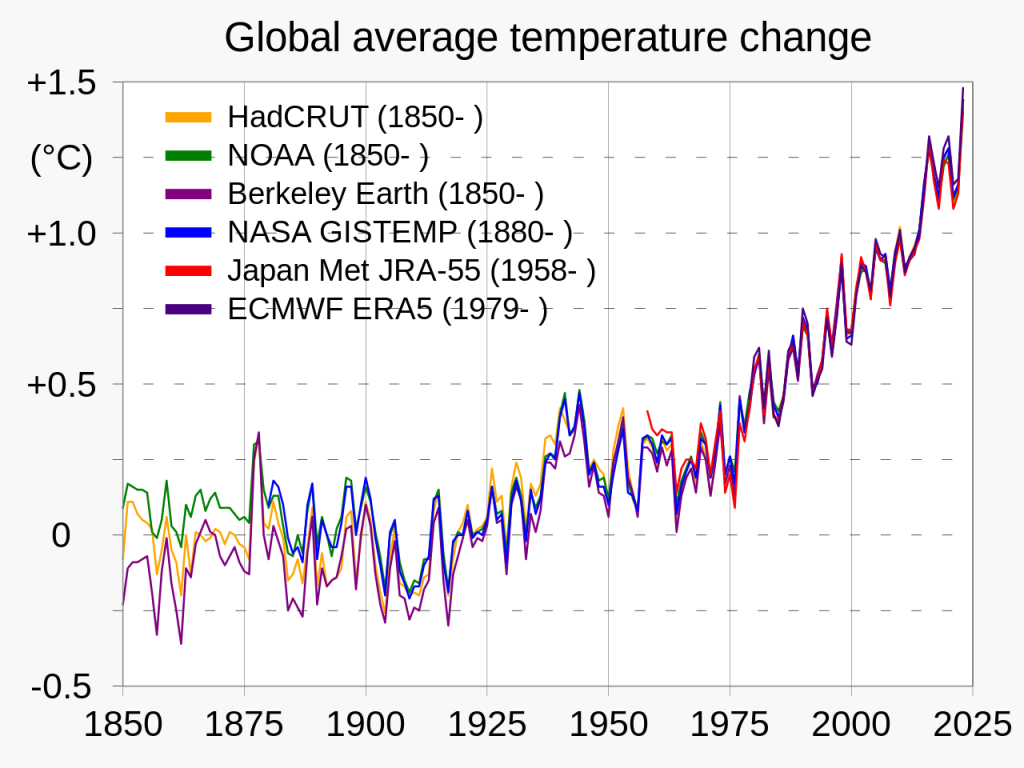
Conservative ideology, as disseminated through media outlets such as Fox News, has played a pivotal role in shaping Republican perspectives on climate change, even in the face of reality.
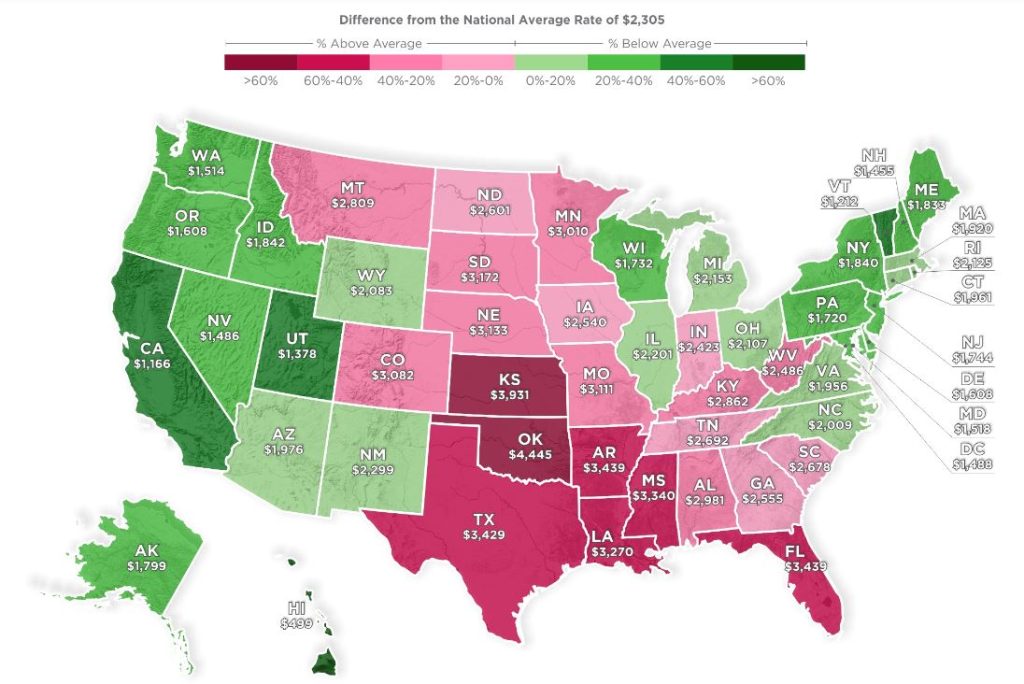
Insurance rate increases have hit Republican states the hardest and will continue to do so as warming continues. The reality of the pocket book drain may be the final nail that brings republicans back to reality.


